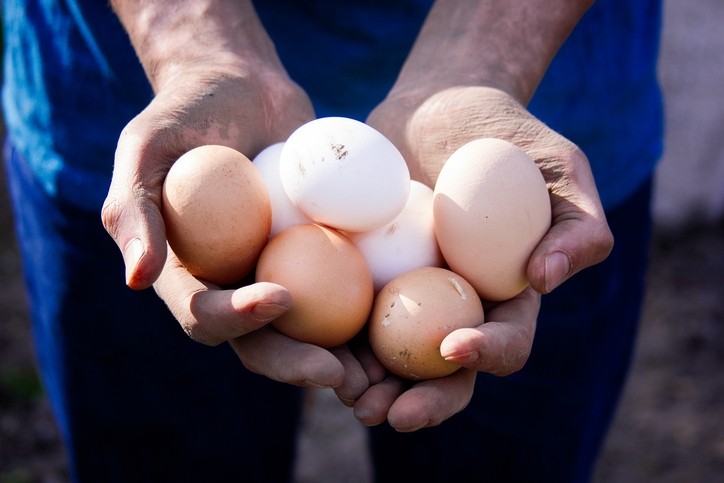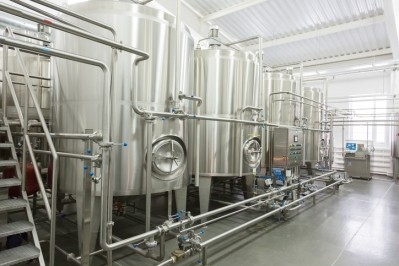EU: Commission has moved to extend 5% non-organic feed protein rule

Due to restricted supplies, organic farmers are currently allowed to feed their pig and poultry up to 5% non-organic protein, as laid down in Article 43 of Commission Regulation (EC) No 889/2008.
“Pending a political endorsement of the new EU organic rules by the Council and the European Parliament, and in order to provide legal certainty for the poultry and pig sector, the Commission has taken the necessary steps to adopt an implementing regulation extending the referred derogation until 31 December 2018,” an EU official working on the organic regulation file, told FeedNavigator today.
Without this Commission intervention, a 100% organic diet for pigs and poultry would have been required from January next year.
On Monday, the Special Committee on Agriculture (SCA) adopted the new rules on EU organic production and labelling of organic products, for which there was a trilogue agreement reached in June. Yesterday, the Parliamentary Committee on Agriculture endorsed the reforms.
The next step, in terms of final adoption of those revisions, is the sign off in the Parliament's plenary and the Council of Agriculture Ministers. If backed at the plenary, the new EU organic regulation would apply from 1 January 2021.
Our Brussels based source said the EU organic reforms would also allow for a derogation, under certain conditions, related to the use of non-organic protein feed in the nutrition of poultry and pigs. It envisaged that “non-organic protein feed in the nutrition of poultry and porcine animals may be used, under certain conditions, until five years after the date of entry of application of the reform (January 2021) if such feed is not available in organic form,” she explained.
So legal certainty, perhaps, for the next year. However, it is not yet clear what will happen in relation to the derogation after December 2018.
"The Commission has shown its willingness to accommodate the sector and extend the derogation when needed," said the official, indicating it would likely see fit to bridge the gaps.
Other organic feed reforms
The EU official said the new reforms would also imply changes for the organic feed industry in areas including authorization of products and substances, controls and imports.
The source said the new rules simplify the previous regulation by grouping the requirements on grazing together – there is clarification in the regulation on simultaneous conversion for pastures and livestock, and the reforms also reference procedure for categories of animals not previously covered such as rabbits.
In addition, the official said the regulation clarifies and strengthens the previous requirements related to feed coming from the farm itself and other sources for livestock: “Feed for livestock shall be obtained primarily from the agricultural holding where the animals are kept or from organic or in-conversion production units of other holdings in the same region.”
The rules would be stricter in terms of the percentage of feed coming from the farm itself: for the nutrition of ruminants and equine animals, this inclusion would increase from 60% to 70% two years after the date of application of the reform; for poultry and pigs, it would increase from 20% to 30%.
Moreover, in relation to feed for aquaculture, she said requirements have been streamlined: “The plant fraction of feed shall be organic and the feed fraction derived from aquatic animals shall originate from organic aquaculture or from fisheries certified as sustainable.”
‘Fragile text’
Christopher Stopes, president of organic lobby, IFOAM EU, said while the institutions have made a huge effort made to improve the text that achieved trilogue agreement back in June, the lack of a strong majority in both the SCA and the AGRI Committee show the fragility of that text.
Countries like Austria, which has the biggest share of organic land, and Germany, which is the biggest organic market in the EU, did not endorse the text in the SCA. Stopes said the text still includes a number of inconsistencies and mistakes that will make the practical implementation very difficult.
He has called on the EU institutions and countries to work together to immediately address the weaknesses that still exist.







